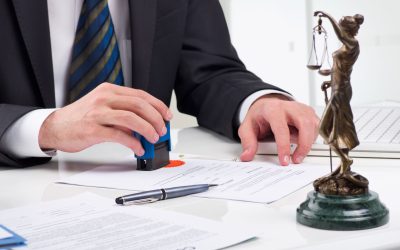According to the CDC, over 10,000 drunk driving fatalities occurred in 2010. Alcohol is a factor in roughly one-third of car accidents in the US, and lawyers everywhere are working hard to assist clients in these cases. Below is an explanation of the legal options available to victims of a DWI driving accident near Laredo.
Criminal Charges vs. Civil Damages
An accident caused by an intoxicated driver is different from other accident types because drunk driving is illegal. If a person is injured in a drunk driving accident, they are allowed to request compensation from the at-fault party. However, the claim is a civil rather than a criminal case. Even if a prosecutor or district attorney files charges against the other driver, the criminal case cannot result in a damages award. These damages can take multiple forms:
- Special damages reimburse a victim for out-of-pocket costs such as income loss, property damage, and medical bills.
- General damages compensate the victim for his or her mental and physical pain, suffering and other subjective effects of an accident.
Along with these categories, which are referred to as compensatory damages, a person may be able to receive punitive damages in some cases.
Social Host, Dram Shop and Other Liability Laws
If a person is involved in a DWI driving accident near Laredo, they may be able to hold multiple parties liable for the event. Dram shop laws allow injured victims to sue the restaurant, bar or other business that served or sold the alcohol to the driver prior to the event. Social host laws allow victims to bring a claim against a private party who provides alcohol to an underage or visibly intoxicated person. These laws seek to hold people accountable when they over-serve alcohol.
Uninsured and Underinsured Drunk Drivers
One of the most unfortunate aspects of DWI accidents is that a driver may have little to no auto insurance. If this is the case, a victim may be able to file a claim with his or her own insurer. Many insurance policies include coverage for accidents caused by under- or uninsured motorists; if a victim has such coverage, they are more likely to get the compensation they need to get back on their feet after an accident.



